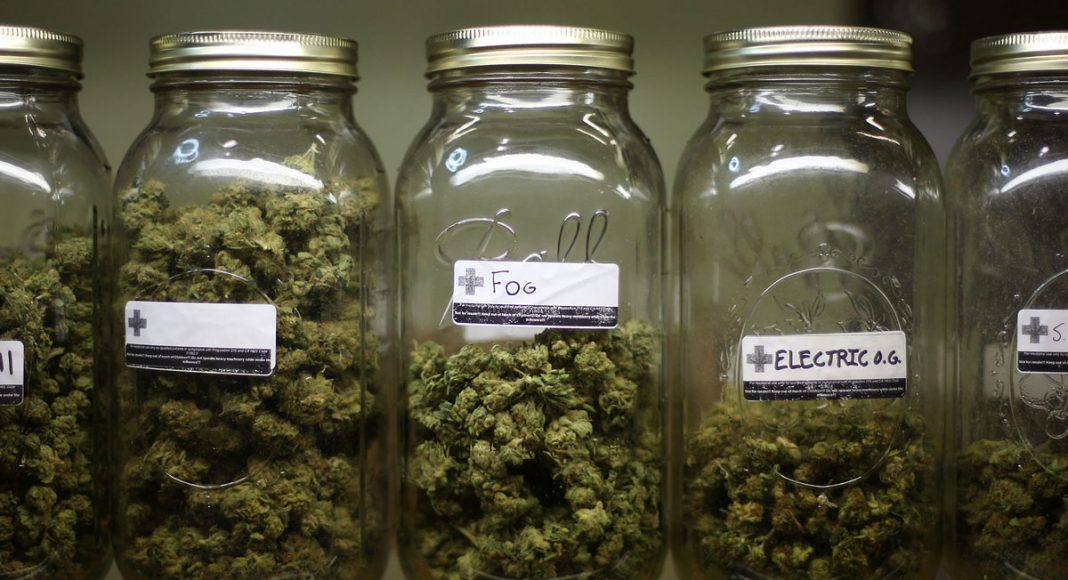Though it has yet to be released, the New York state health department has wrapped up its much hyped study in regards to legalizing recreational marijuana.
The study, commissioned by Gov. Andrew Cuomo in January (this is the same guy who referred to marijuana as a “gateway drug” as early as last year), “highlights the benefits of legalization on criminal justice reforms and a tax on the drug, but it stops short of fully endorsing the legalization,” according to Spectrum News NY1.
Not surprisingly, Cuomo recently softened his tone amidst news that the majority of New Yorkers (62%) support legal marijuana. And there’s also the issue of Cynthia Nixon, his challenger in the Democratic primary, who endorsed the legalization.
As The Fresh Toast reported in January:
Legalizing marijuana for adult use in New York holds significant criminal justice reform potential. Under the Marijuana Regulation and Taxation Act, which is currently pending in the legislature, people who have been convicted of low-level possession (including possession in public view) and low-level sale can have that offense vacated from their record. Other offenses related to possession or sale that were previously misdemeanors or felonies can be reclassified and sealed. People currently incarcerated for such offenses would either be released or have their sentence appropriately reduced pursuant to the new statute.
This is crucial because marijuana prohibition enforcement has devastated communities across New York State, primarily those of color and low-income communities. More than 800,000 people have been arrested for possession of small amounts of marijuana in New York State over the past 20 years, with over 700,000 arrests by the NYPD alone. As a result, hundreds of thousands of people must contend with criminal records that yield significant collateral consequences for them—and their families, including limited access to housing, employment, and education opportunities.
And just recently, New York Democrats officially endorsed the full legalization of cannabis, explaining that millions of dollars of much-needed tax revenues would be added to state coffers if cannabis were taxed like alcohol.


